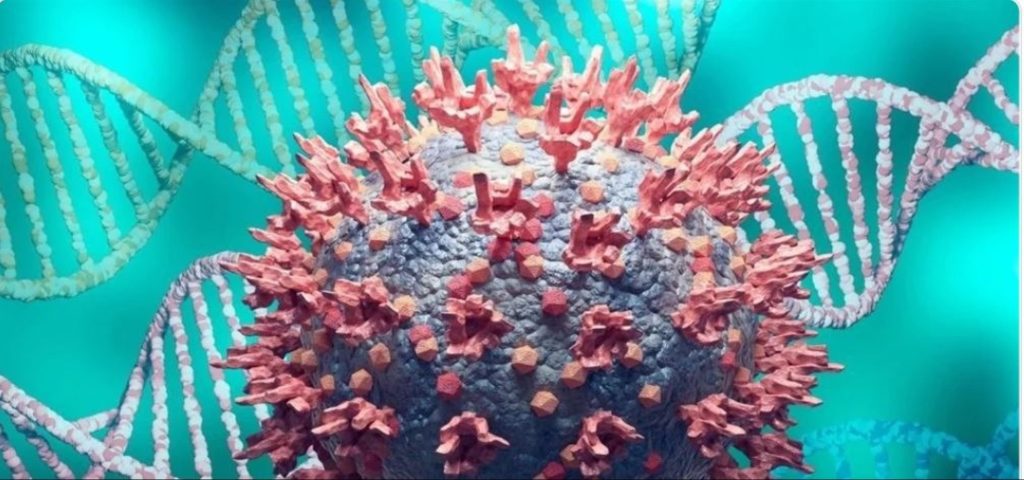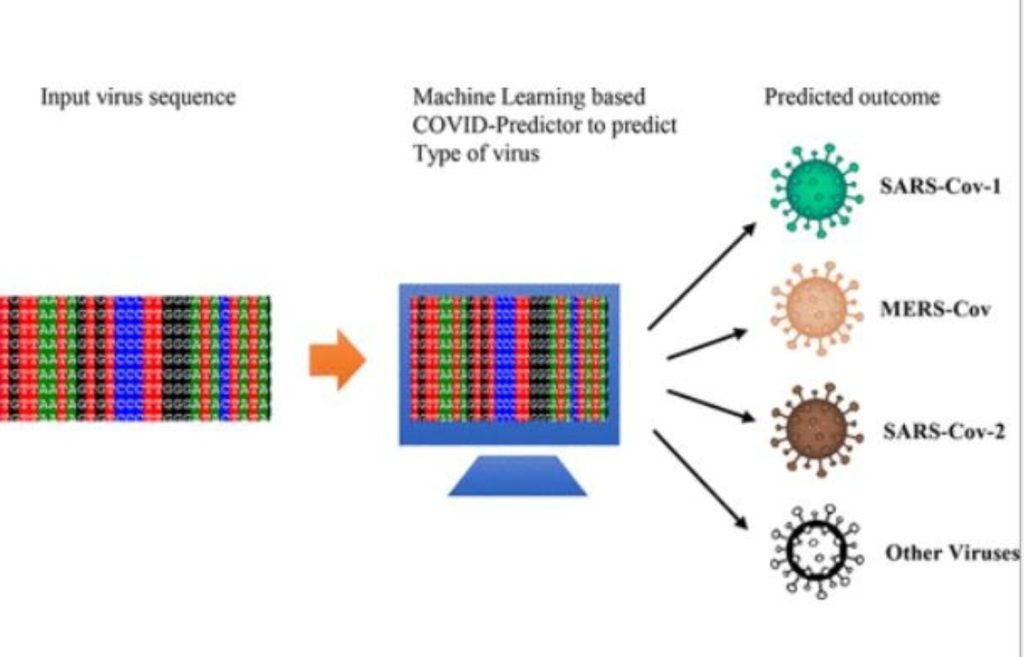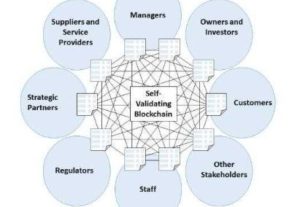Devanjana Mukherjee, Khabri Media
The model learns to recognize genetic mutations associated with variant emergence, enabling it to predict the likelihood of specific mutations occurring.

Pic: Social Media
Throughout the COVID-19 pandemic, the SARS-CoV-2 virus has shown an astonishing capacity for mutation and adaptation. These mutations have led to the emergence of new variants with distinct genetic signatures, which can affect their transmissibility, severity, and vaccine resistance.
ALSO READ: Nobel Prize Winner 2023 in Medicine
Understanding how these variants arise and spread is crucial for developing effective public health strategies and vaccines. Predictive modeling, a data-driven approach that uses historical and genetic data to forecast future events, has played a vital role in various fields, and now it’s being harnessed to predict the evolution of COVID-19 variants.
Scientists have developed a model that they say predicts the likely evolution of variants of the S-CoV-2 virus which causes COVID-19. The researchers from the University of Cologne in Germany and the Icahn School of Medicine in USA, noted that the predictions of viral evolution obtained from the model can help design optimally effective vaccines against future variants.

Pic: Social Media
The model predicts which variant can escape human immunity, and spread through the population, thus becoming a new variant. It also identifies similar pathways of escape evolution even before different variants emerge. It incorporates epidemiological data, such as infection rates, vaccination coverage, and public health measures.
COVID-19 previous mutations have seen internal changes that can increase transmissibility, whilst generating immunity to other variants in earlier infections. However, several variants are now globally circulating at the same time and compete with each other. This new model will help identify those variants in the near future.
By identifying genetic patterns associated with variant emergence, the model can alert public health authorities and researchers to potential new variants before they become widespread. This early warning system allows for a proactive response, including the development of targeted vaccines and the implementation of specific public health measures.
While predictive modeling holds immense promise in the fight against COVID-19, it also comes with challenges and ethical considerations. Ensuring data privacy and security is of paramount importance, as extensive genetic and epidemiological data are involved. Transparency in data collection and model development is essential to maintain public trust.



